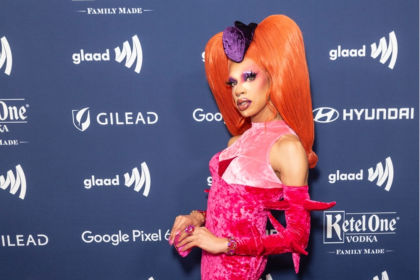A significant shift is reshaping athletic culture as competitors increasingly recognize alcohol’s detrimental effects on their physical capabilities. The movement, called “sober curiosity,” has gained momentum among athletes seeking peak performance, with measurable impacts on both professional and recreational sports communities.
Breaking Free From Celebration Culture
The traditional pairing of athletic achievement with alcoholic celebration faces mounting scrutiny as elite athletes prioritize recovery and sustained performance. Former Olympic Marathon Trials competitor Sarah MacKay Robinson’s post-competition experience at LAX marked a turning point, prompting her to question habits that compromised her athletic achievements.
Market data reveals a 19% surge in non-alcoholic beverage sales during January 2022, while traditional alcohol sales declined 6.7%. This shift reflects a broader reconsideration of alcohol’s role in athletic culture.
The Science of Sobriety and Sports
The body’s biochemical response creates effects that directly impact athletic performance. When processing these substances takes precedence, crucial aspects of recovery suffer – from muscle repair to hydration maintenance. Sleep quality deteriorates under these influences despite initial sedative effects.
Research from the University of New Mexico’s Center on Substance Use and Addictions confirms these effects on athletic development. The center’s findings demonstrate how even moderate drinking can impair training adaptations and recovery processes.
Measuring Progress
Athletes adopting reduced alcohol consumption report improvements across multiple performance metrics. Heart rate variability, a key indicator of recovery and adaptation, shows enhancement with decreased alcohol intake. This data supports evidence from athletes experiencing improved training quality and competitive results.
Modern technology facilitates this transition through specialized apps and tracking tools. These resources help athletes monitor their progress and maintain accountability.
Redefining Limits
While traditional guidelines define moderation differently, athletes increasingly find that any substance use can affect their performance goals. This recognition has led to a more mindful approach, with many competitors opting for extended periods of abstinence.
The shift extends beyond elite athletes to recreational competitors who discover that a clearer mindset enhances their training experience and results.
Future of Athletic Culture
The growing sober curious movement represents more than a trend – it signals a fundamental shift in athletic culture. As more competitors recognize alcohol’s impact on performance, the traditional associations between sports celebration and alcohol consumption continue to evolve.
Athletes report improved recovery times, enhanced mental clarity and better long-term health outcomes, suggesting that the movement may permanently alter competitive sports.














